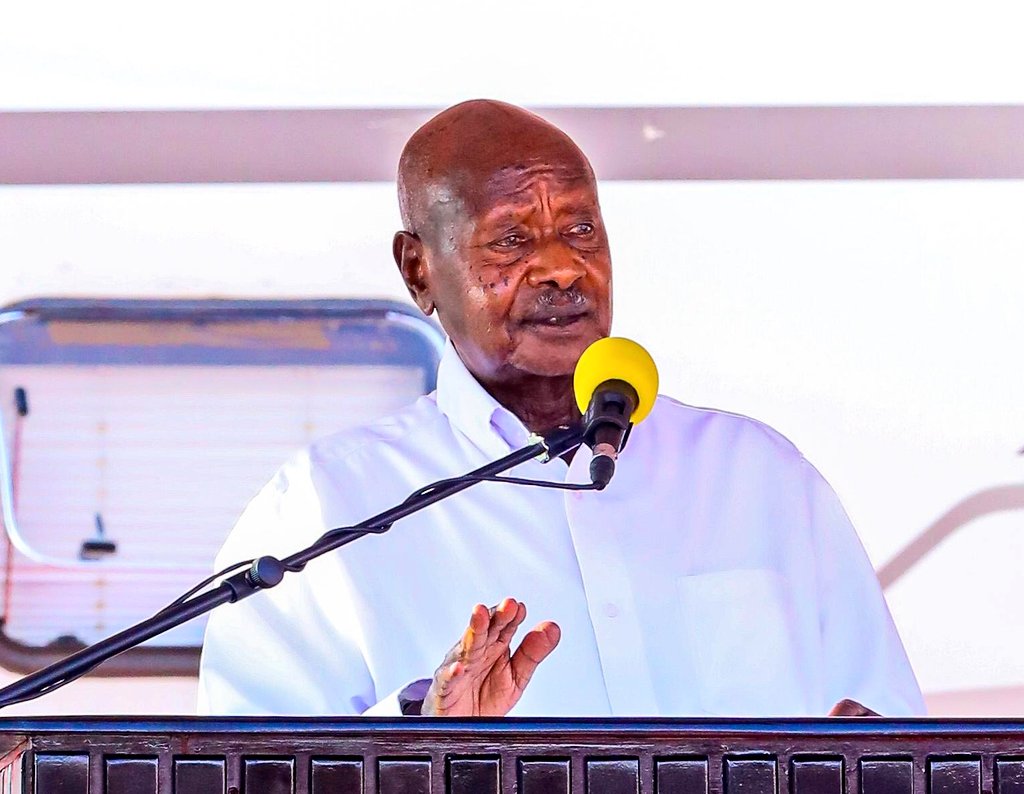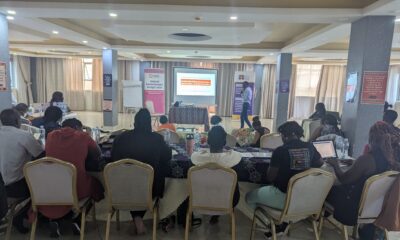News Feature
Museveni Condemns ‘Rubbish Fines’ Under EPS, Prioritizes Security for Digital Plates
President Yoweri Museveni has publicly condemned the “hefty penalties” imposed on motorists under Uganda’s controversial Express Penalty System (EPS), asserting that the newly introduced digital number plates are primarily a security measure, not a revenue-generating scheme through fines.
Speaking to Parliament at Kololo Ceremonial Grounds on Thursday, immediately after delivering the national budget, President Museveni directly addressed the widespread public uproar ignited by the EPS fines. “It is about security, not fines rubbish,” Museveni declared, distancing the core objective of the digital number plate project from the contentious penalties.
The President’s intervention follows intense public outcry, which saw taxi operators threatening a nationwide protest as the steep fines began to significantly impact their earnings. In response to the escalating tension, the Ministry of Works and Transport was compelled to suspend the EPS on Wednesday, paving the way for urgent consultations with key stakeholders.
The Intelligent Transport Monitoring System (ITMS) project, which includes the digital number plates and the associated EPS, has faced opposition from human rights activists.2 While acknowledging the system’s potential to improve service delivery and enhance the ability of authorities to track vehicles, critics have raised concerns about its detrimental impact on expanding the country’s surveillance capabilities.
Explaining the rationale behind the digital number plates, President Museveni acknowledged the public’s confusion regarding the fines. “I think the confusion about fines could be because we didn’t have money, and we told these people to make the number plates and recover the money from those who make mistakes, but the issue is that the number plates are digitised,” he clarified.
Uganda commenced the issuance of digital registration plates for private and public motor vehicles on Monday, January 6, 2025, marking the third phase of the ITMS project. The implementation is overseen by the Russian firm, Joint Stock Company Global Security, which was contracted to roll out the system.
Vehicle owners are currently required to pay Shs 713,000 for new registrations, Shs 150,000 to switch old plates, and Shs 50,000 for motorcycles. To facilitate the operationalisation of the act passed by Parliament, the Ministry of Works and Transport had reviewed and updated the Traffic and Road Safety (Speed Limits) Regulations, 2004.
With President Museveni’s direct condemnation of the “fines rubbish,” and the system’s temporary suspension, the focus now shifts to the ongoing consultations, as stakeholders await clarity on the future of the EPS and the implementation strategy for the digital number plate project.
Comments



























